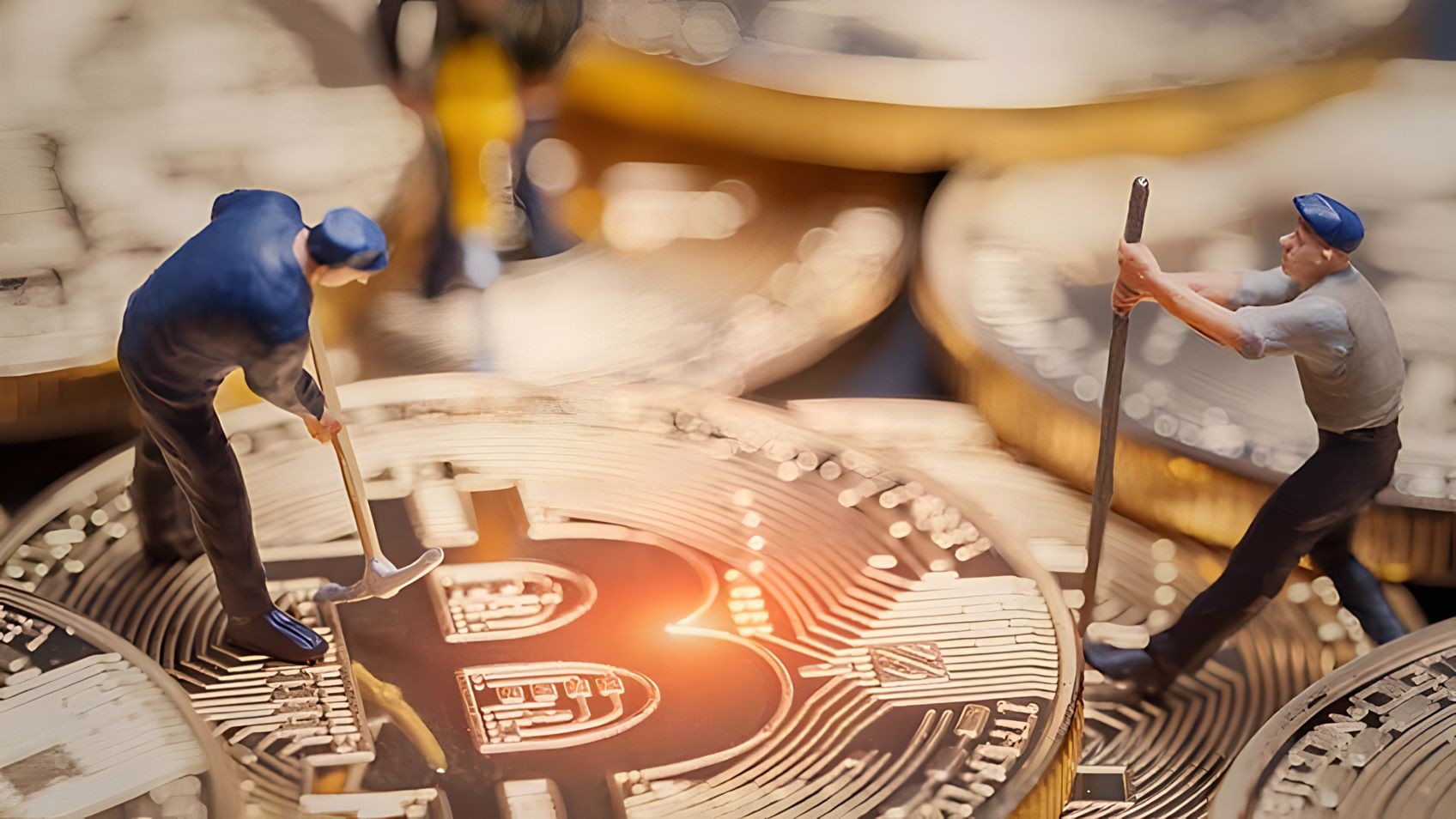
CRYPTOCURRENCY: MINING & REWARD
A cryptocurrency is a digital or virtual currency secured by cryptography, which makes it nearly impossible to counterfeit or double-spend. Cryptocurrencies are fungible, meaning the value remains the same when bought, sold, or traded. Many cryptocurrencies are decentralized networks based on blockchain technology—a distributed ledger enforced by a disparate network of computers.
Blockchain is essentially a set of connected blocks of information on an online ledger. Each block contains a set of transactions that have been independently verified by each validator on a network.
Every new block generated must be verified by each node before being confirmed, making it almost impossible to forge transaction histories.
The contents of the online ledger must be agreed upon by a network of individual nodes, or computers that maintain the ledger.
Cryptocurrency mining is a process of creating new digital "coins." However, that is as far as simplicity goes. The process of recovering these coins requires solving complex puzzles, validating cryptocurrency transactions on a blockchain network and adding them to a distributed ledger to locate them.
Through Crypto Mining, new cryptocurrencies enter into circulation. “Mining" is performed using sophisticated hardware that solves an extremely complex computational math problem. The first computer to find the solution to the problem receives the next block of bitcoins and the process begins again.
Cryptocurrency mining is painstaking, costly, and only sporadically rewarding. Nonetheless, mining has a magnetic appeal for many investors who are interested in cryptocurrency because of the fact that miners receive rewards for their work with crypto tokens. This may be because entrepreneurial types see mining as pennies from heaven, like California gold prospectors in 1849.
The Cryptos reward that miners receive is an incentive that motivates people to assist in the primary purpose of mining: to legitimize and monitor cryptocurrency transactions, ensuring their validity. Because many users all over the world share these responsibilities.
In conclusion, cryptocurrency as digital money doesn’t require a bank or financial institution to verify transactions and can be used for purchases or as an investment. Transactions are then verified and recorded on a blockchain, an unchangeable ledger that tracks and records assets and trades.
All comments
Comment not found

